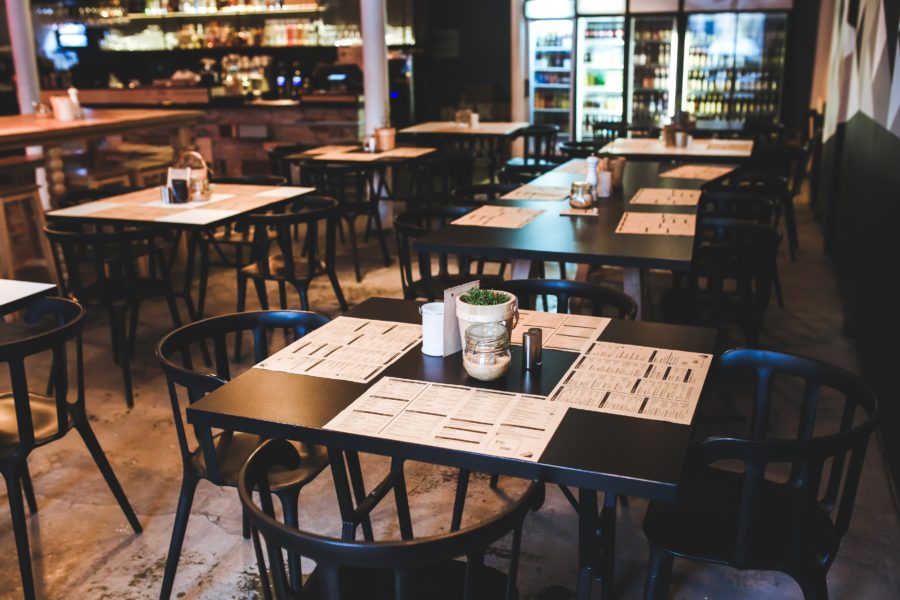Checkout using your account
Checkout as a new customer
Creating an account has many benefits:
- See order and shipping status
- Track order history
- Check out faster
Monthly Archives: October 2019
-
Read more »
To Flush or Not to Flush
For decades, the toilet has been one of the safest and efficient ways to dispose of waste matter. With time, waste matter from our bodily functions stopped being the only thing we flushed down toilets. Currently, we are more likely to flush other offensive and unimportant items down our toilets because it is fast and efficient.
This also includes products which we are quite unsure of how to get rid of. A good example is wet wipes and sanitary pads. For years people have believed that products such as wet wipes and sanitary products are ok to flush. Some of the products even came with packaging indicating that it was okay to do so.
This has led us to blindly flushing them down into the sewer with no thought as to where they go and what happens to them after. Now we know!
-
Read more »
What Size Grease Trap Do I Need?
Every year, millions of litres of wastewater get dumped into the drainage system in the UK alone from activities carried out in commercial kitchens. On the same thread, water companies spend millions clearing blockages caused by fatbergs which are as a direct result from the FOG introduced by this wastewater from the commercial kitchen.
To prevent this from happening, authorities have introduced laws, regulations and guidelines that involve the usage of grease traps in any commercial establishment serving food. While this isn’t compulsory at present in England, it is strongly advised and will likely become a legal requirement (as it is in Scotland) very soon. You could pay hefty fines for failure to use the appropriate grease traps as directed by your local authorities.
Given the importance of a grease trap to your business and the environment at large, it is important for you, as a commercial kitchen owner, to understand what kind of grease trap you need and the appropriate size for maximum effect
-
Read more »
How Do Water Companies Know Who’s Caused a Fatberg?
Fatbergs can be the fault of particular food businesses or they can be a community effort.
How do water companies know the difference?
Sometimes we can only know after the berg has been autopsied: it was only after the recent Sidmouth fatberg was cut up, sorted through by hand and then tested that we found out that the berg wasn’t the fault of an individual restaurant, but of a collective effort on the part of the locals.
More often than not, however, the water company’s job is much simpler:
-
Read more »
The Number 1 Thing People Don’t Consider When Starting A Food Business
You’re there: you’ve bought your ingredients, your ware washers and your deep fat fryers, you’ve rented your premises and, after an intense brainstorm, you’ve come up with a great name and a fantastic strategy to attract punters to your brand-new food business.
But, if you haven’t factored one thing in, your gloriously constructed plan might be fatally flawed.
What is the one thing people don’t consider when starting up a food business?




